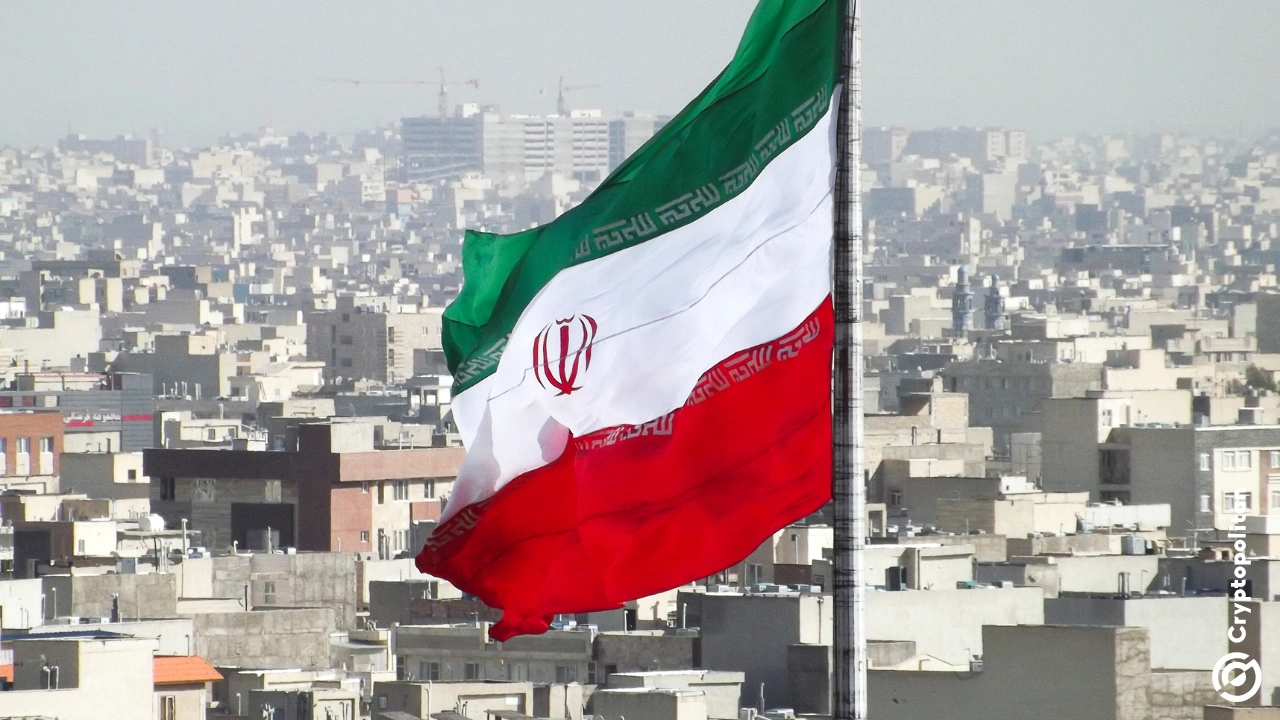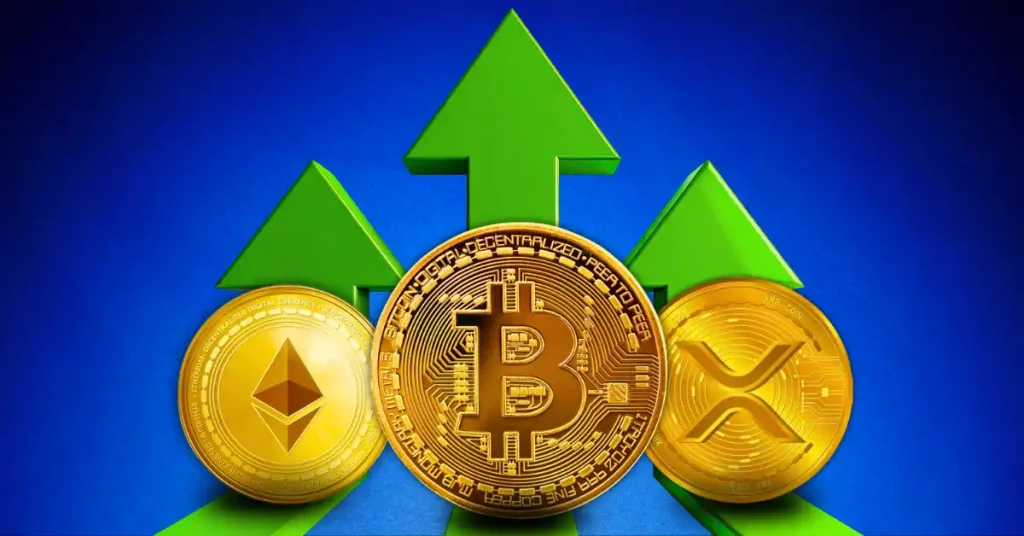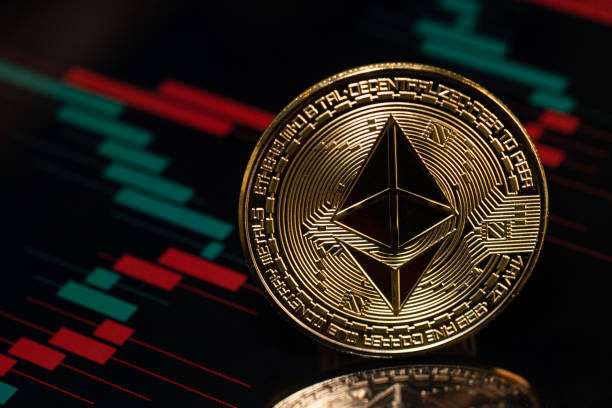The United States Treasury Department has added new financial sanctions on Iran, specifically targeting individuals and companies accused of moving illicit oil revenues through crypto and front firms in Asia.
The US Department of the Treasury’s Office of Foreign Assets Control (OFAC) announced Tuesday that it had sanctioned more than a dozen individuals and companies linked to Iran.
OFAC tracks money to oil sales, crypto trade
The US Treasury Department office said the money was funneled for the benefit of Iran’s Islamic Revolutionary Guard Corps-Quds Force (IRGC-QF) and the Ministry of Defense and Armed Forces Logistics (MODAFL), both affiliated with the country’s weapons programs.
“These Iranian shadow banking networks, run by trusted illicit financial facilitators, abuse the international financial system and launder money through overseas front companies and cryptocurrency,” the department wrote.
According to OFAC’s findings, Derakhshan and Alivand received payments through front companies registered in Hong Kong and the UAE. Those named in the investigations were Alpa Trading in Dubai and Alpa Hong Kong Limited, shell firms that the department claimed were disguising cash flows from oil sales.
The network’s operation was also linked to Hezbollah-affiliated financial facilitators and Syria’s Al-Qatirji Company, a firm previously sanctioned for aiding the IRGC-QF. Al-Qatirji was identified as an accomplice in the smuggling of Iranian oil to regional markets.
US officials claimed Alivand was part of the multimillion-dollar transactions with Tawfiq Muhammad Sa’id al-Law, a Hezbollah-linked money launderer. Al-Law allegedly provided Hezbollah with access to digital wallets to receive funds from IRGC-QF commodity sales.
US vows to continue disrupting illegal oil sales
According to OFAC, the Al-Qatirji Company was sanctioned under Executive Order 13224 in November 2024 for supporting the IRGC-QF. Al-Law was sanctioned under the same executive order seven months prior for assisting Hezbollah financially.
Despite earlier sanctions, the Treasury said members of the network were still active to date. Derakhshan has reportedly been communicating with Ramin Jalalian, a sanctioned Iranian currency exchanger designated in June last year for aiding MODAFL.
Jalalian reportedly manages Powell Raw Materials Trading LLC and Powell International FZE, both based in the UAE. While not formally tied to these companies, OFAC said he oversees daily operations, manages accounts and transactions for the front firms.
John K. Hurley, Treasury’s undersecretary for terrorism and financial intelligence, said the administration of President Donald Trump will continue cutting off Iran’s access to hard currency.
Washington’s campaign against Tehran continued earlier this month, when the US sanctioned Iranian-linked oil tankers. Around the same time, Israel blacklisted 187 crypto wallets allegedly connected to the IRGC.
Previous sanctions on Iranian crypto networks
OFAC sanctioned eight TRON blockchain wallet addresses in April, all under the name of Sa’id al-Jamal, a supposed financial handler for Yemen’s Houthi movement. The wallets collectively received nearly $900 million in stablecoins between November 2023 and November 2024, and were linked to the IRGC-QF.
According to US officials, the funds were used to buy weapons from Russia, which were shipped to Houthi-controlled areas in Yemen. Security analysis firm Elliptic confirmed all transactions were routed through exchanges, wallets, and virtual asset service providers.
The smartest crypto minds already read our newsletter. Want in? Join them.











